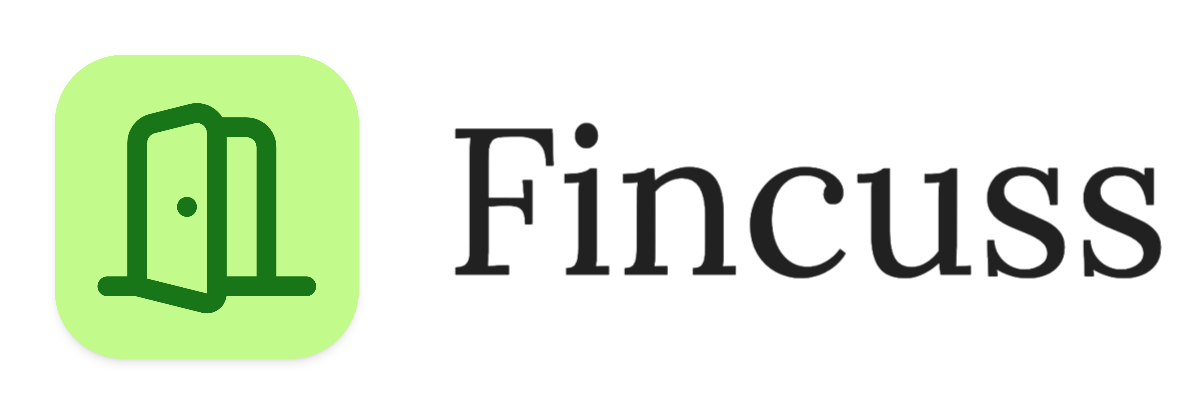I'm comfortable with the safety of Treasuries and fixed deposits, but I'm seeing higher yields abroad. Does the extra interest justify the complications that come with currency volatility and foreign laws? I'm worried that dealing with exchange rates and the hassle of getting my money back makes it simpler to stay local.
Fixed Deposit
8
Topics
21
Posts
